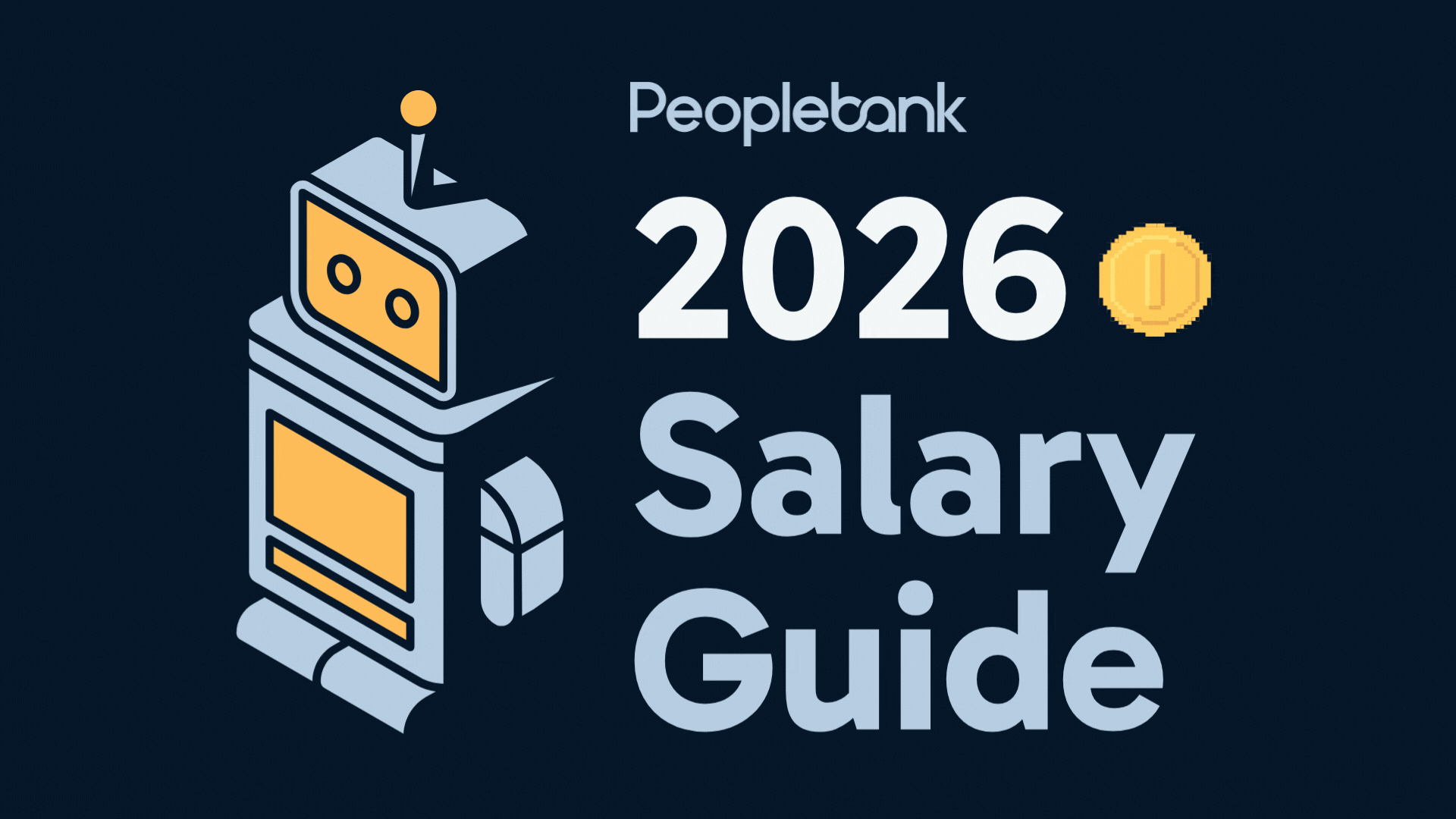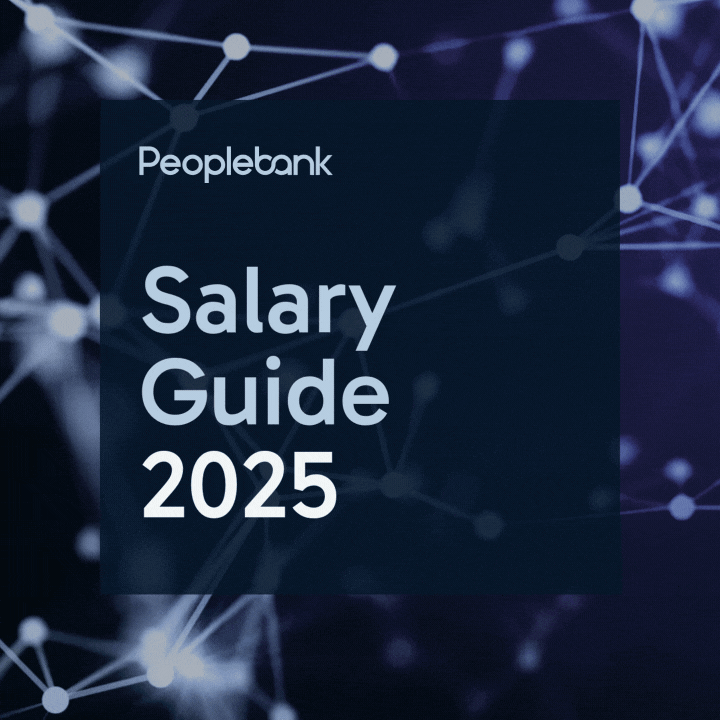Five Emerging Tech Trends
“Imagination is more important than knowledge. For knowledge is limited, whereas imagination embraces the entire world, stimulating progress, giving birth to evolution.” Over the past decade, there has been significant advances in Information and Communications Technology, to the point where society is posing the big question on everyone’s mind: What exactly will the future look like? Human X is the new terminology used in the world of IT and is a belief that the next wave of technology innovation will involve humans to work smarter, better and more effortlessly through technology.
In this blog, I’ll be discussing 5 Emerging Technologies in the 21st century.
Cloud Computing
So, what is Cloud Computing? One of the challenges is defining the ‘Cloud Computing’ because like other buzzwords within the technology industry, there are various definitions to each individual or business. Cloud services host all vital IT infrastructure rather than within an organizations digital walls, resulting in reduced overhead costs to maintain and operate individual systems, software and data. Providers such as Amazon, Google, Salesforce, IBM and Microsoft have begun to establish new data centers for hosting Cloud computing applications in various locations around the world. Cloud Computing addresses the needs of businesses and to improve quantity as well as quality of data that can be collected and analyzed from multiple sources and devices.
Artificial Intelligence and Machine Learning
Companies have been focusing on developing new artificial intelligence information communication technology (ICT) and robot technology (RT). In recent years, basic research on AI is centered on robots and pattern recognition. Artificial Intelligence and Machine Learning has grown across the world, in countries such as Europe, the United States, China and India. Artificial Intelligence is developing rapidly, from SIRI on the iPhone and AlphaGo, an AI agent that is specialized to play Go, a strategy board game, against human competitors. Amazon use AI for autonomous robots in delivery systems whilst Facebook developed facial recognition technology based on AI called ‘DeepFace.’.
Machine learning is where computers ‘teach’ themselves from datasets to perform required tasks. The algorithms automate decision-making that is too complex for humans and take commonplace tasks and do them at the ‘next level’ of sophistication, creating even more meaningful products and services. It will affect all industries, from health, retail, communications and everything in between.
Big Data
Big Data is a relatively new term alongside and with the technological developments in big data infrastructure, analytics and services allow organizations to transform themselves into data-driven organizations. It’s predicted Big Data will change the way businesses operate across various industries. It’s a new technology paradigm for data that is generated at high velocity, volume and variety. Currently, organizations are building capabilities to leverage big data in order to stay competitive. In order to meet increasing storage and processing needs of big data, platforms are emerging, including NoSQL databases and Hadoop as an open source framework.
The Internet of Thing (IoT)
A growing topic of discussion within the IT world, it’s a concept that not only affects the way we live but also how employees will work. It’s a novel paradigm that has lots of complexities but to simply put it, the Internet of Things (IoT) refers to an increasing number of everyday devices such as mobile phones, headphones, wearable devices and objects that are connected to the internet and gather and transmit data. The IoT is a vast network of “connected things” such as people to people, people to things and things to things. The various smart objects tied to the IoT is responsible for the explosion of data and the ability of machines to connect and share information between each other is the integral part of IoT has made its debut in various ways such as a kitchen touchscreen that responds to voice commands via Google Assistant. Connected devices and services encompass ecosystems of sensors, devices and other product that’ll work together to solve business problems.
The 5G Network
Telco companies such as Telstra and Optus announced the fifth-generation wireless network to commence in 2020. A new cellular standard that will reduce network congestion and speed up data on smart devices. It is essentially the last step to create a flawless network, which allows complete digital connectivity from the tip of the carrier network to the customer. With other network innovations, the 5G Network will give businesses faster and more stable wireless networking, as well as the ability to connect on more devices, enabling a richer, more varied streams of data. Real-time data is constantly sent back and forth between us, the apps and devices we use and the cloud services which power them. The 5G Network will allow individuals to connect on far more devices within a geographical area at greater speeds.
Written by Jade De Silva, Recruitment Consultant at Peoplebank






















